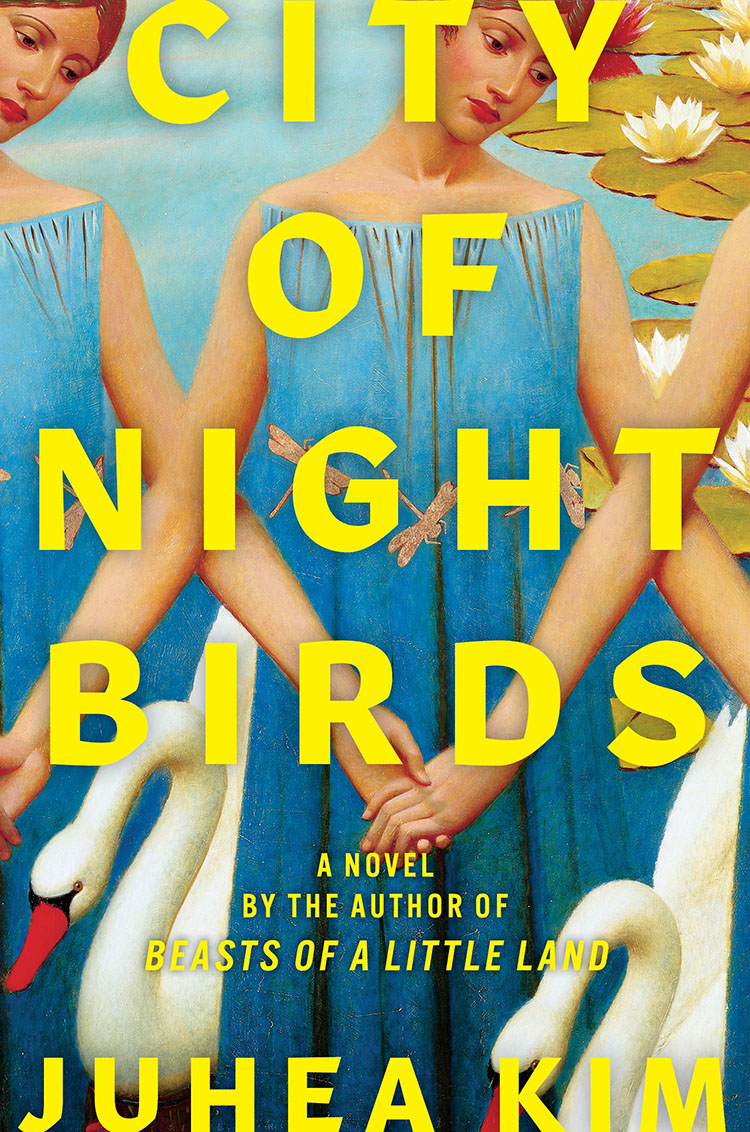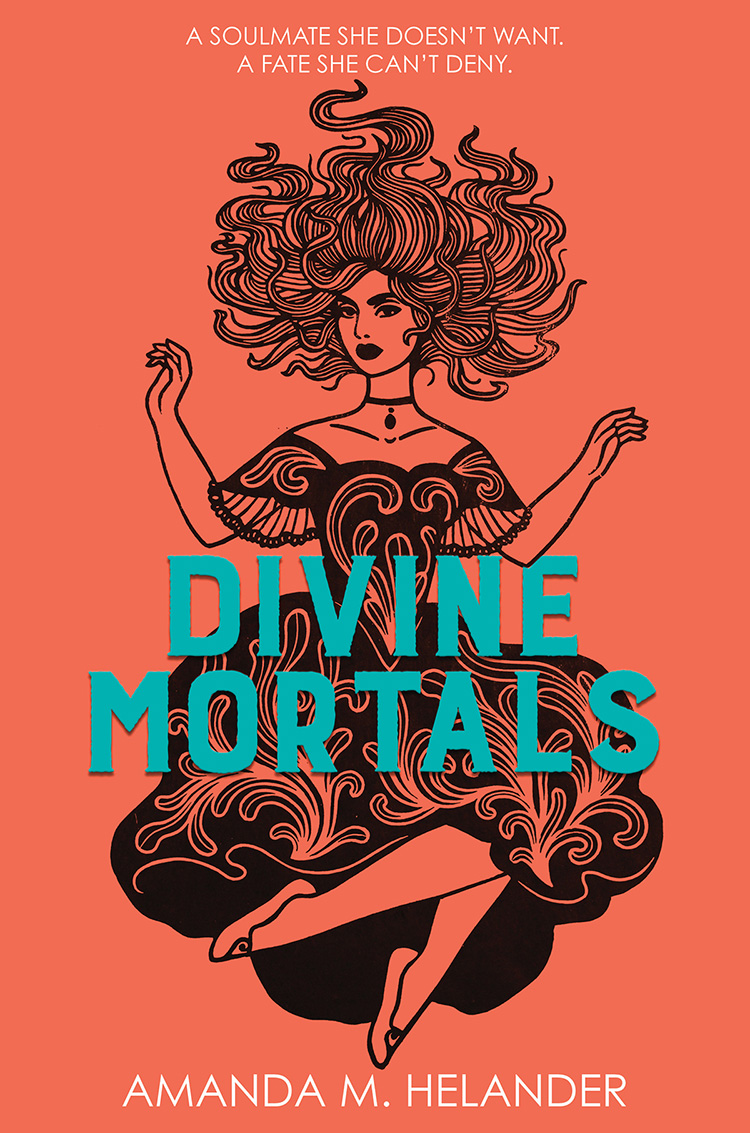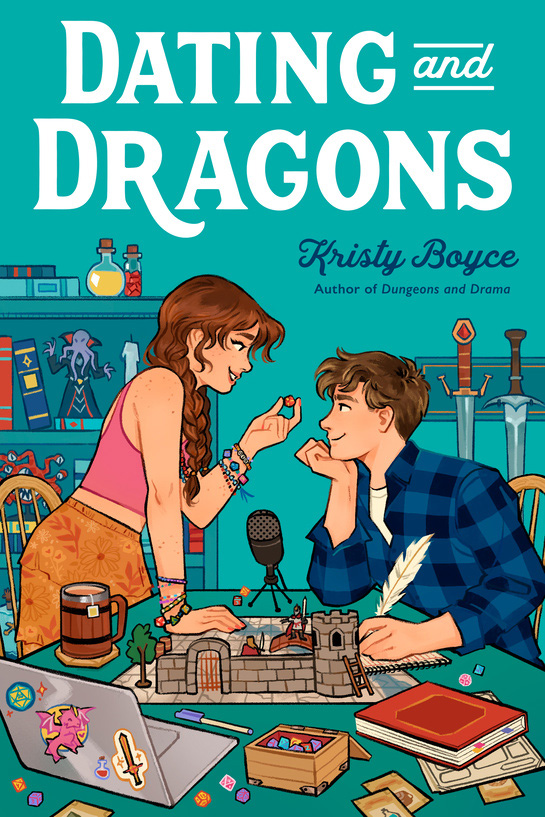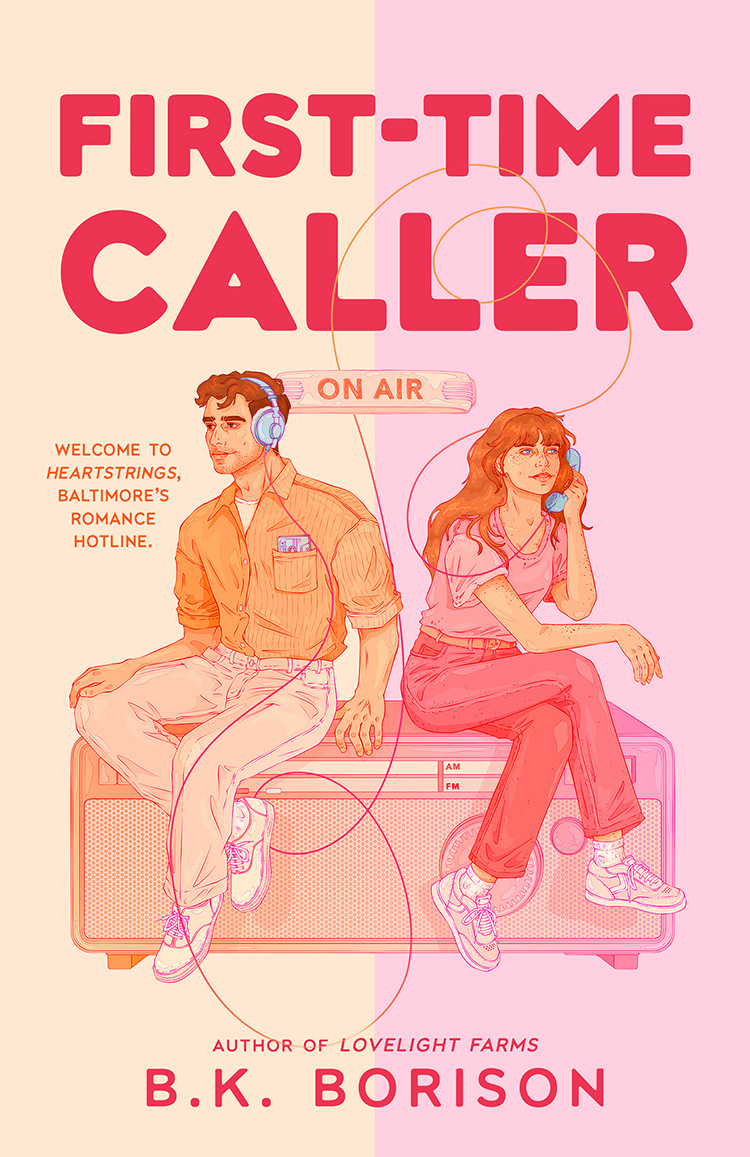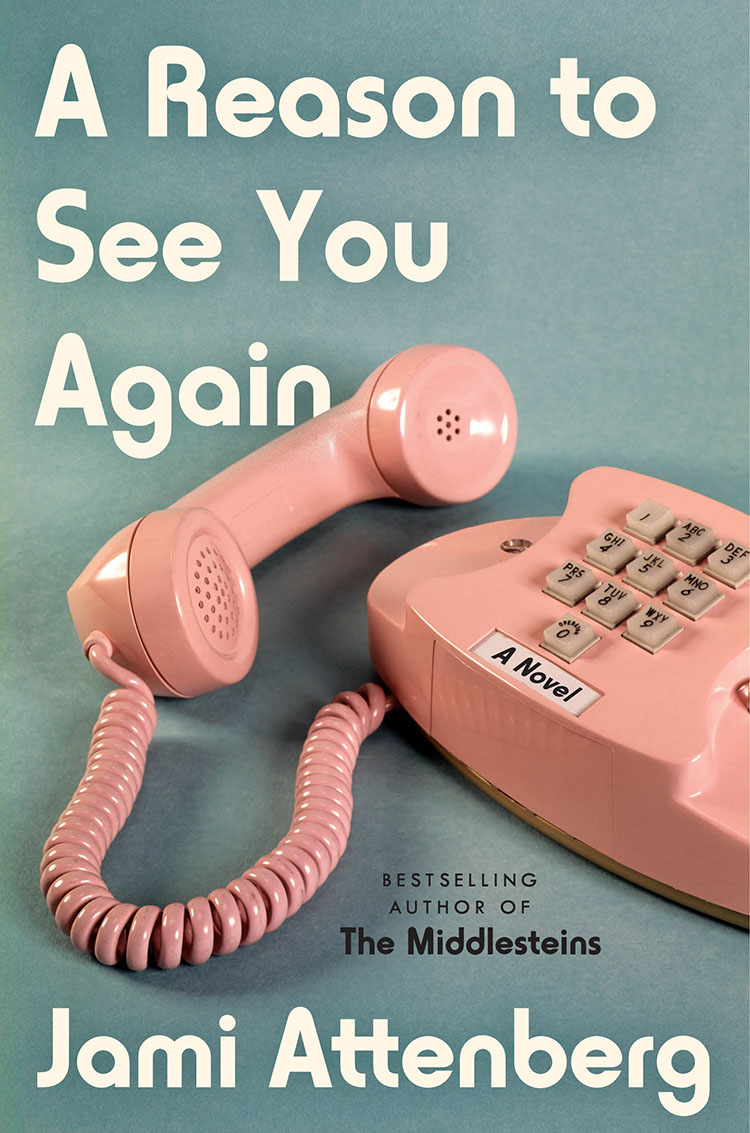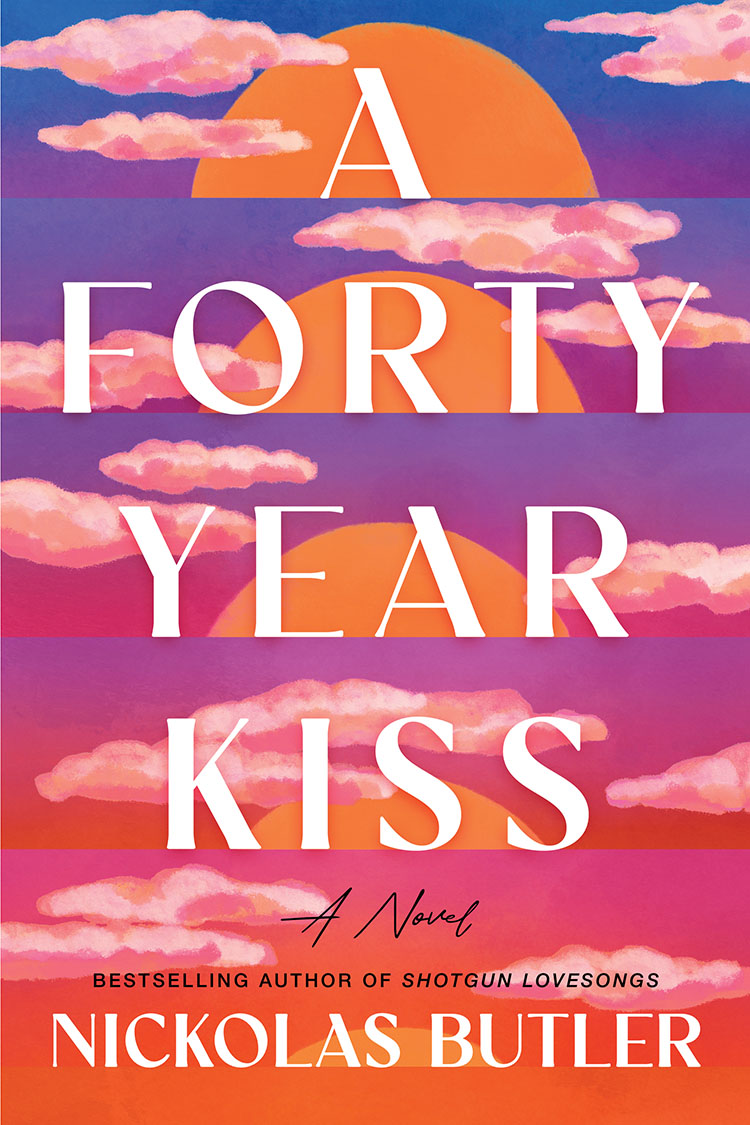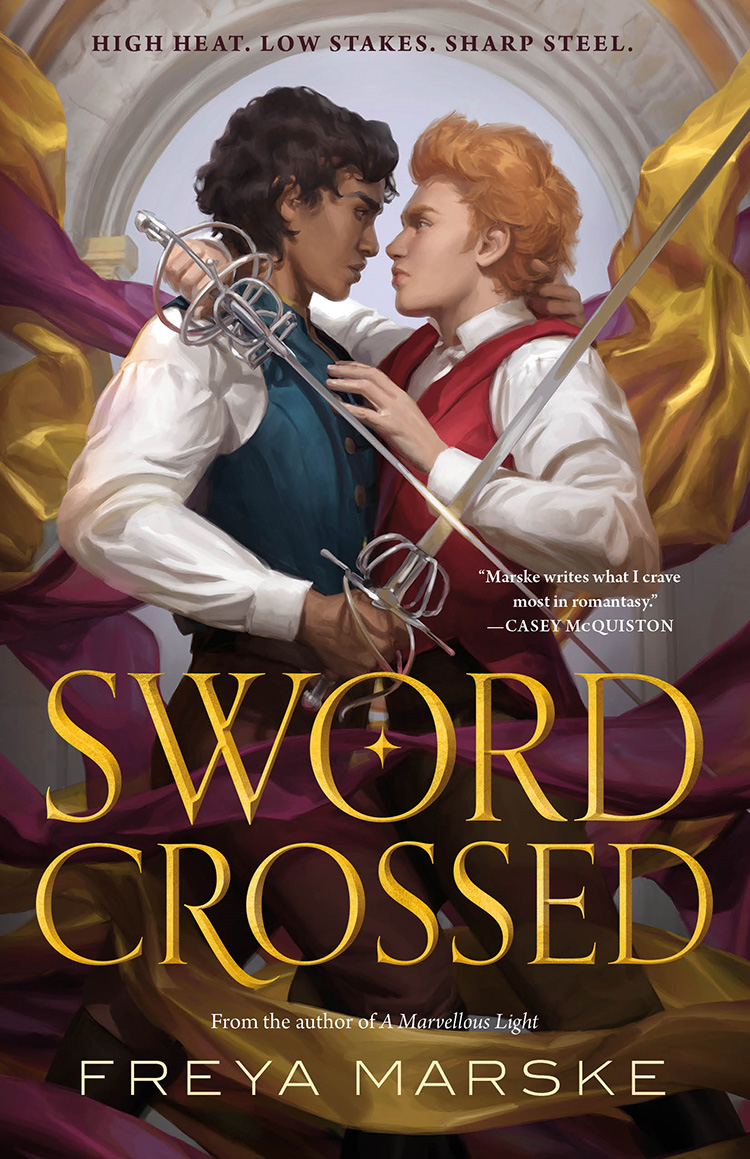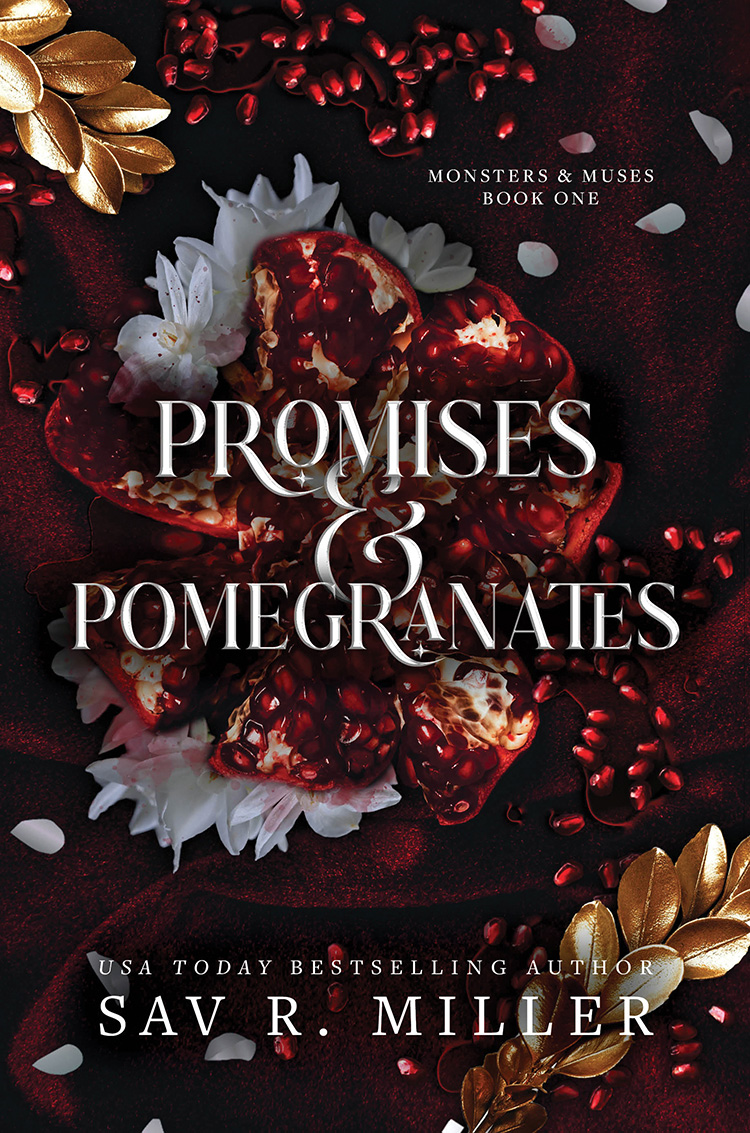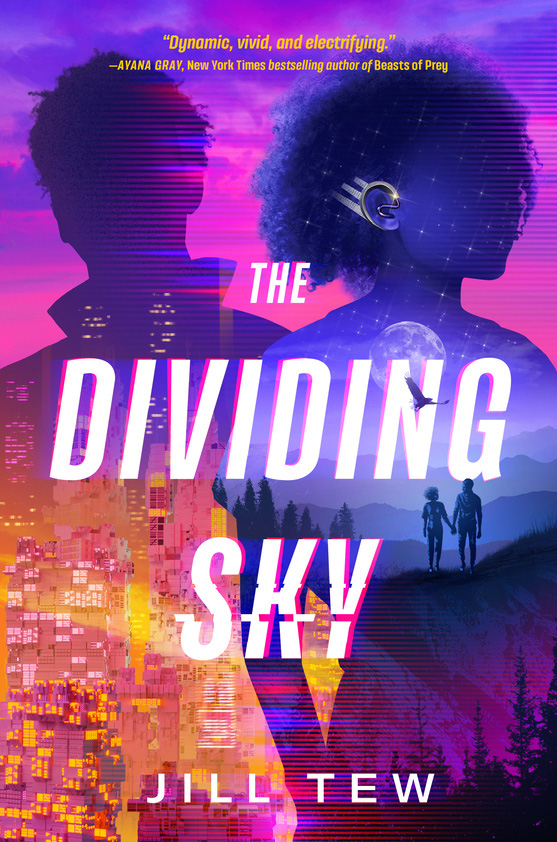From debut author Nishita Parekh, a fresh take on the classic locked-room thriller that follows a multi-generational Indian American family who find themselves marooned together in a house during Hurricane Harvey. A few hours and two dead bodies later, it becomes clear that everyone in this family has a secret. But is one of them a killer?
Archives
EVERYTHING/NOTHING/SOMEONE
JOHN LEWIS: IN SEARCH OF THE BELOVED COMMUNITY
In this first book-length biography of John Lewis, Raymond Arsenault traces Lewis’s upbringing in rural Alabama, his early activism as a Freedom Rider and leader of the Student Nonviolent Coordinating Committee, and his decades of service as the “conscience of Congress.” Arsenault provides an authoritative, synthetic biography, written with both the benefit of his personal relationship with Lewis as well as a career as an esteemed biographer and professor of Southern history.
Hush Harbor
A resistance group takes America’s racial reckoning into its own hands in this powerful, stirringly original debut novel that asks the question: what might an actual war against white supremacy look like?
After the murder of an unarmed Black teenager by the hands of the police, protests spread like wildfire in Bliss City, New Jersey. A full-scale resistance group takes control of an abandoned housing project and decide to call it Hush Harbor, a term once used to describe to the secret spaces where slaves would gather to pray.
Jeremiah Prince, alongside his sister Nova, are leaders of the revolution, but have ideological differences regarding how the movement should proceed. When a new mayor with ties to white supremacists threatens the group’s pseudo-sanctuary and locks the city down, the collective must come to a decision for their very survival.
Haunting, provocative, heart-pounding and tender, Hush Harbor presents a high-stakes world grounded on the thought-provoking premise: what would you sacrifice in the name of justice?
FAILURES OF FORGIVENESS: WHAT WE GET WRONG AND HOW TO DO BETTER
Myisha Cherry (Princeton University Press)
SUMMARY
Sages from Cicero to Oprah have told us that forgiveness requires us to let go of negative emotions and that it has a unique power to heal our wounds. In Failures of Forgiveness, philosopher Myisha Cherry argues that these beliefs couldn’t be more wrong—and that the ways we think about and use forgiveness, personally and as a society, can often do more harm than good. She presents a new and healthier understanding of forgiveness—one that will give us a better chance to recover from wrongdoing and move toward “radical repair.”
BIG LIARS: WHAT PSYCHOLOGICAL SCIENCE TELLS US ABOUT LYING AND HOW YOU CAN AVOID BEING DUPED
This book investigates the science behind “big liars”—those rare people who use lies as their principal way of navigating life. Big Liars explores this small but dangerous group through the lens of psychological science. Fascinating new research gives us insight into the nature of dishonesty and dishonest people, explaining who lies, what types of people lie a lot, how often people lie, how big liars are created, how they operate, how we can recognize them, and how we can avoid being victimized by them. This book has crucial implications for mental health treatment, as well as our efforts to grapple with the effects of big liars—and their big lies—on social movements and society as a whole.
MADNESS: Race and Insanity in a Jim Crow Asylum
When we learn about the global history of mental healthcare and the birth of institutions like the asylum, Black patients are conspicuously absent from the history books, excluded from the narrative of recovery. Nowhere is this truer than in the history of Maryland’s Crownsville Hospital for the Negro Insane. In Madness, Emmy award-winning news correspondent, Antonia Hylton explores Crownsville’s history and how the legacy of slavery and racist stereotypes ultimately pave the way to the criminalization and stigmatization of Black patients.
End Credits
Funny, heart-wrenching, and fearlessly candid, Patty Lin’s memoir pulls back the curtain on life as the lone Asian American woman in some of Hollywood’s most famous writers’ rooms (Friends, Freaks and Geeks, Desperate Housewives, and Breaking Bad). It’s an intimate and honest exploration of how she survived the simultaneous impact of criticism and stress, as her wildest dreams as a television writer came true—and how much we’re willing to sacrifice and compromise for success.
Hell If We Don’t Change Our Ways
A masterfully written memoir of self-preservation, Means tells the engrossing story of her upbringing as a Chicana girl whose family is overwhelmed by poverty, addiction, patriarchy, and violence. Spending her childhood riding shotgun as her mother runs from one abusive relationship to another, Means’s life is a blur of highways and traumas that collapse any effort to track time. With no money and only burned bridges behind them, Means is forced to take care of her younger brother, manage the instability of her home life, her mother’s unexpected comings and goings, and make sense of the troublesome world around her. Hell If We Don’t Change Our Ways will astonish and challenge readers—and will never be forgotten.
I QUIT EVERYTHING: HOW ONE WOMAN’S ADDICTION TO QUITTING HELPED HER CONFRONT BAD HABITS AND EMBRACE MIDLIFE
In January 2021, Freda Love Smith, acclaimed rock musician and author of Red Velvet Underground, watched as insurgents stormed the U.S. Capitol. It felt like the culmination of eight months of pandemic anxiety. She needed a drink, badly. But she suspected a midday whiskey wouldn’t cure what was really ailing her—nor would her nightly cannabis gummy, or her four daily cups of tea, or any of the other substances she relied on to get through each day. Thus began her experiment to remove one addictive behavior from her life each month to see if sobriety was really all it was cracked up to be. With honesty and humor, Smith describes the effects of withdrawal from alcohol, sugar, caffeine, cannabis, and social media, weaving in her reflections on the childhood experiences and cultural norms that fed her addictions to these behaviors. Part personal history, part sociological research, and part wry observation on addiction, intoxication, media, and pandemic behavior, I Quit Everything will resonate with anyone who has danced with destructive habits—that is, those who are “sober curious” but not necessarily sober. Smith’s experiment goes beyond simply quitting these five addictive behaviors. Moved by the circumstances of the pandemic and the general state of the world, she ends up leaving an unsatisfying job for more meaningful work and reevaluating other significant details of her life, such as motherhood and the music that defined her career. More than a simple sobriety story, Smith’s book is an exploration of passion, legacy, and what becomes of our identities once we’ve quit everything.

